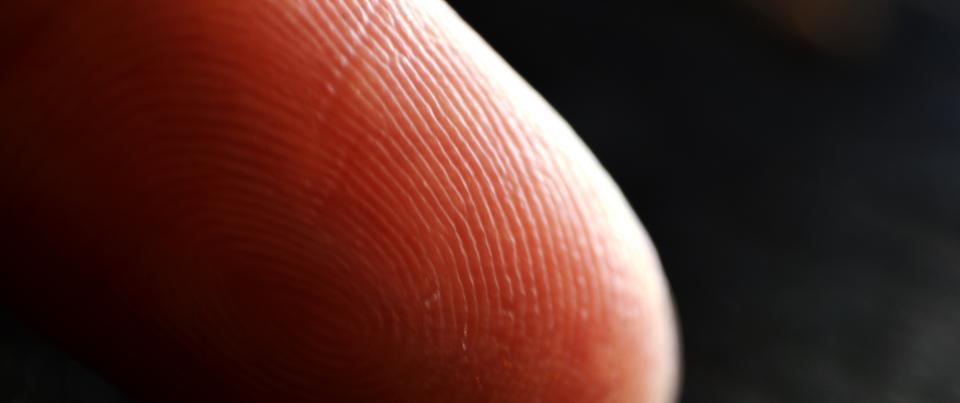Man who refused to hand over his fingerprints unfairly dismissed
A Queensland man was “unfairly dismissed” from his job after refusing to give his employer his fingerprints.
Jeremy Lee argued that the decision to fire him from his job at a sawmill company in February last year was unjust.
Mr Lee had worked at the Imbil branch of Superior Wood which operates two sites in Queensland’s Gympie region. The other is in Melawood.
The Fair Work Commission heard Mr Lee was asked to give his fingerprints for onsite scanners in October 2017, which were introduced as a safety standard to record an employee being present onsite.
Staff are required to use the scanner to sign on and off at the beginning and end of shifts. They were told it used an algorithm but wouldn’t store fingerprints.

According to court documents, Mr Lee discussed his concerns about registering his fingerprints with technical services manager Michael Lithgow, manager Ian Swinbourne, and director and secretary Skene Finlayson.
He was concerned the biometric data processed by the machine could be used to remake his fingerprint but was assured it couldn’t.
Mr Lee was then told “we are going ahead with this” and “you have a decision to make”. He told Mr Swinbourne in a letter he was “unwilling” to give his fingerprints as he regarded his biometric data as “personal and private”.
‘You have a decision to make’
“All the largest technology companies – such as Apple, Google, Facebook, Telstra, Samsung – are in a race to access and store as much data on individuals as they can. This info is then traded and exchanged,” Mr Lee wrote.
“So if I were to consent to a fingerprint scan, my fingerprint would be scanned and stored for use immediately (regardless of assertions to the contrary), or it would be scanned and stored for use at a later time.”
Mr Swinbourne told Mr Lee in his response “the information gathered is not a finger print but a set of data measurements which is processed via an algorithm” and the data could only be used for payroll purposes. During this period, Mr Lee used a sign-in book at work.
In January 2018 he was issued with two warnings - one of them a “final written warning” to start using the scanners. He was fired the following month and his matter was heard by the Fair Work Commission in November 2018.

Commissioner Jennifer Hunt found in November Mr Lee’s termination was not unfair.
“Mr Lee refused to provide his consent, which he is entitled to do. He did, however, then fail to meet his employer’s reasonable request to implement a fair and reasonable workplace policy,” she wrote.
“In all the circumstances, and having regard to any potential breaches of the Privacy Act, I find there was a valid reason for the dismissal.”
She also cited the scanners improved the integrity and efficiency of payroll and it improved safety on site.
However, Mr Lee’s case returned to court earlier this month to appeal the decision.
Commissioner Sarah McKinnon wrote Superior Wood “did not inform its employees that the scanners collected sensitive information; did not provide a collection notice to employees; and did not discuss its obligations in handling their sensitive information with employees”.
“It merely informed them that the scanners were being introduced and that they would be required to use them,” the commissioner wrote.
The commissioner added Superior Wood failed to tell Mr Lee about its responsibilities in handling the data under the act.
It was found the company “did not have a valid reason for the dismissal, which related to Mr Lee’s capacity or conduct”.
“It was unjust because Mr Lee was not guilty of the conduct alleged,” Ms McKinnon wrote.
“As the direction was unlawful he was entitled to refuse to follow it. Mr Lee was unfairly dismissed.”
The case will be heard in court again at a later date to determine “the question of what remedy, if any, should be ordered”.
Superior Wood has been contacted for comment.
Do you have a story tip? Email: newsroomau@yahoonews.com.
You can also follow us on Facebook, download the Yahoo News app from iTunes or Google Play and stay up to date with the latest news with Yahoo’s daily newsletter. Sign up here.

